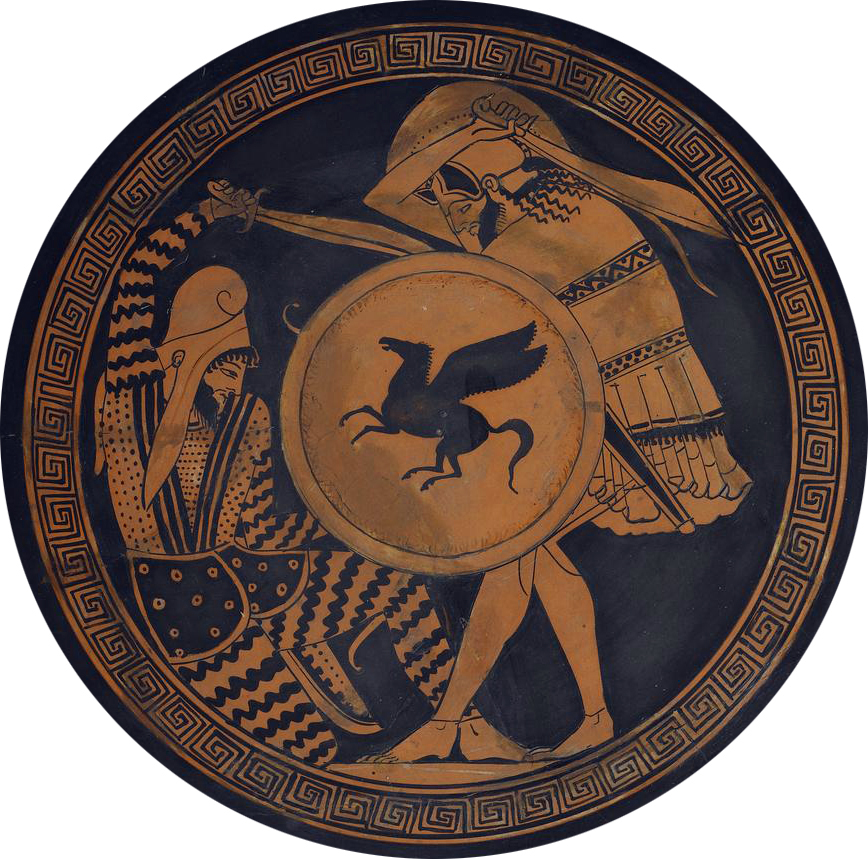479 BC Battle of Plataea

The second great Persian incursion into Greece in 480 had seen the invaders victorious on land at Thermopylae and defeated at sea at Salamis. Emperor Xerxes had returned to Asia but he had left a large army under Mardonius which he expected to complete the conquest of Hellas the following year.
Mardonius had been instrumental in putting down rebellions by Greek cities in Ionia but had not been chosen in 490 BC to be part of the first doomed Persian expedition which was defeated by the Athenians at Marathon. He was said to have been the driving force at the court of Xerxes in convincing the emperor to undertake another assault on the Greek mainland.
In the early part of 479 BC, Mardonius invested great effort in trying to pry Athens away from its coalition with the other cities who still defied Persia – Greeks were notoriously unstable in their alliances – but was unsuccessful. Consequently, he moved south into Attica, occupied Athens, and burnt it to the ground. This prompted the Athenian exiles to demand that Sparta and its allies act. They argued that it was the Athenian navy which had protected the Peloponnesus in 480 BC and if they didn’t get the military support they needed they would agree to Persian terms.
The Spartans responded and under Pausanias they led a multi-city force of hoplites and archers north against the Persians. Mardonius was reluctant to fight in the hilly terrain around Athens and so withdrew to the Boeotian plain where his cavalry could perform better.
On September 22 the two armies clashed outside Plataea. The troops of Mardonius were more numerous, including in their forces fighters from all across their empire as far away as India as well as Greeks from cities who had “medized” (bowed the knee to Persia). The Greeks on the other hand were more heavily armoured and in this mismatch they prevailed, killing the Persian general, routing his army, taking massive amounts of booty.
This battle and a near-simultaneous victory over Persian naval units at Mycale meant the end of the Persian threat to mainland Greece and the beginning of a new phase in the war.